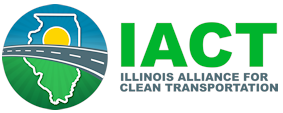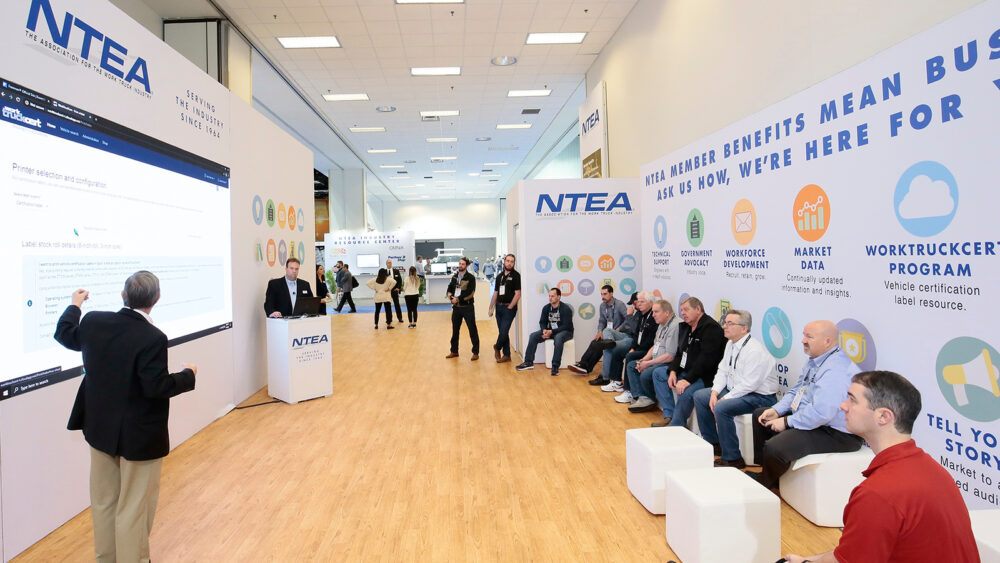One of North America’s largest trade shows, The Work Truck Show, went virtual last week for its 21st annual show.
Hosted by NTEA – The Association for the Work Truck Industry – and supported by corporate and government exhibitors like Ford Motor Company, the U.S. Department of Energy and Penske Truck Leasing, Work Truck Week (WTW) highlighted new technologies and energy-saving strategies.
“There are already more than 300 existing and announced zero-emission commercial vehicle models,” said Steve Sokolsky, program manager at CALSTART and an exhibitor at WTW, last week at one of the show’s “Green Hours.”
Industry leaders joined Sokolsky in discussing the importance of leveraging multiple techniques to combat climate change and embracing alternative fuels for fleets. “For fleets that are adopting zero-emission technology, whether it’s battery, electric or even fuel cell, the infrastructure is going to be the biggest challenge for all of them,” Sokolsky said.
Uncertainty was a strong theme throughout the discussion, but many leaders presented their individual company’s plans for progressing alternative fuels for fleets despite many unknowns.
“A lot of alternative fuels are immature, and there’s a lot of unknowns and challenges,” said Dave Schaller, industry engagement director of the North American Council for Freight Efficiency (NACFE). “We’re entering what NACFE has coined the ‘messy middle.’ We anticipate that for the next two decades we’re going to be in a situation where there’s a lot of optimized solutions, growing infrastructure, and a lot of innovation and maturation.”
NACFE’s “Run on Less” reports have produced data to help fleets determine which alternative fuel opportunities apply best to different business models. With the right technology and a skilled driver, NACFE’s data says, miles per gallon (MPG) can increase far above 6.3 MPG, which is the current fleet average, to 8.3 MPG. To achieve this progress, fleets will have to commit to high-efficiency tactics, such as providing tools to reduce idle time and building a company culture of intentionally choosing superior technologies.
Beyond the efficiency goals alternative fuel organizations have for their technologies, safety is an important factor. Misconceptions about safety run rampant in the fight to progress alternative fuels.
“Gasoline is the most dangerous fuel we commonly use—other fuels aren’t as flammable. Other fuels will dissipate quickly if something were to happen to you, while gasoline will pool beneath you,” said John Walton, chair of Chicago Clean Cities.
The show provided resources on everything from efficiency studies to electric vehicle charging maps—this information can be obtained retroactively through the registrant portal, under the “Exhibitor Collateral” section of the website. Assuming large gatherings can resume, The Work Truck Show will return to Indianapolis March 8-11, 2022.
By Jenna Spray
Chicago Area Clean Cities




